| Site fact file |
| Natura 2000 Ambassador for the Natura Network Initiative... | A representative of National Park Thayatal | |
| Robert Brunner |
| Country | Austria |
| Natura 2000 site location | Lower Austria |
| Nearest urban settlement | Vienna (95km) |
| Natura 2000 site name | National Park Thayatal |
| Natura 2000 site number | AT 8 |
| Site description classification | The Natura 2000 site "Thayatal near Hardegg" with the National Park Thayatal as core area is located at the southeastern border of the Bohemian-Moravian highland and encompasses the Thayatal including the southern hills of the Weitersfeld highland. |
| Size of site (hectares) | 6809 ha |
| Key Habitat types | "3260
Water courses of plain to montane levels with the Ranunculion fluitantis
and Callitricho-Batrachion vegetation 4030 European dry heaths 6110 Rupicolous calcareous or basophilic grasslands of the Alysso-Sedion albi 6210 Semi-natural dry grasslands and scrubland facies on calcareous substrates (Festuco-Brometalia) 6240 Sub-Pannonic steppic grasslands 6510 Lowland hay meadows (Alopecurus pratensis, Sanguisorba officinalis) 8220 Siliceous rocky slopes with chasmophytic vegetation 9110 Luzulo-Fagetum beach forests 9130 Asperulo-Fagetum beech forests 9150 Medio-European limestone beach forests of the Cephalanthero-Fagion 9170 Galio-Carpinetum oak-hornbeam forests 9180 Tilio-Acerion forests of slopes, screes and ravines" |
| Key Species types | Fauna: Lutra lutra, Myotis emarginatus, Alcedo atthis, Ciconia nigra, Haliaeetus albicilla, Jynx torquilla, Upupa epops, Rana dalmatina, Triturus cristatus, Rana lessonae, Hyla arborea, Cobitis taenia, Cottus gobio, Panaxia quadripunctaria, Papilio machaon, Parnassius mnemosyne, Saturnia pyri, Zerynthia polyxena Flora: Aconitum anthora, Dictamnus albus, Calamagrostis canescens, Carex pediformis, Cypripedium calceolus, Hesperis tristis, Iris variegata, Melica altissima, Stipa dasyphylla, Veratrum nigrum |
| Key management issues | The main conservation projects for the Natura 2000 area "Thayatal near Hardegg", derived from the objectives for individual protected areas, aim at the habitats forest, meadow and dry zones, followed by watercourses. In line with the types of habitat, there are animal species of special importance. In the National Park (approx. 20 % of the Natura 2000 site) all interference in the habitat should be permanently stopped in accordance with the provisions of the national park law and in compliance with the objectives of the World Nature Conservation Union (IUCN). During a fixed transition period of 15 years all measures contributing to eradicating the effects of anthropogenic use (in particular forestry) and promoting natural vegetation are permitted. |
| Natura Network Agreements |
| Promoting Natura 2000 at the local level | "Natura
2000: The National Park is only a part of the Natura 2000 area. For
this part, written information, excursions and events are proposed,
which can if necessary make reference to the importance of the Natura
2000 area. Bilateral contacts: The transborder measures and tasks
are coordinated by the bilateral National Park Thayatal commission
in annual meetings. " |
| Involving local stakeholders in the management planning process - creating a local area partnership | Local stakeholder: The National Park administration is supported by an advisory board, which represents the interests of the local population. This board may advise the National Park administration and determines the annual work programme for the implementation of the management measures. Additionally the population is informed of the developments in the National Park in an annual national park forum. |
| Involved in a natural site 'Twinning' / networking / knowledge exchange at the European level? | The National Park Thayatal borders on the Czech National Park (národni park) Podyjí, also a Natura 2000 area. The cooperation has been successful for seven years and is regularly described as exemplary. |
| Agreeing to become an NNi ambassador | office(a)np-thayatal.at |
| Site photos |
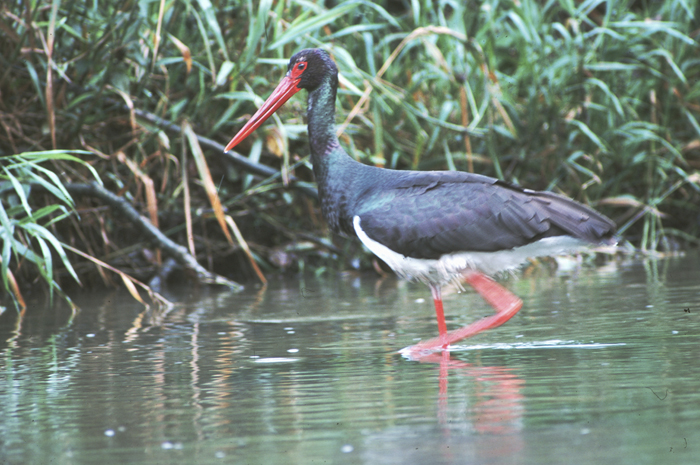 |
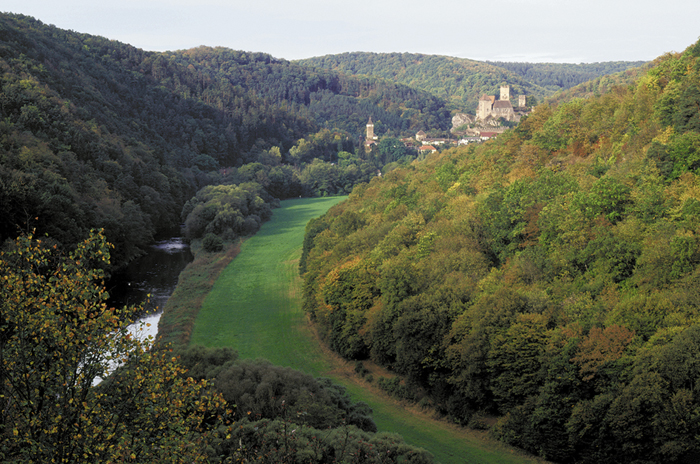 |
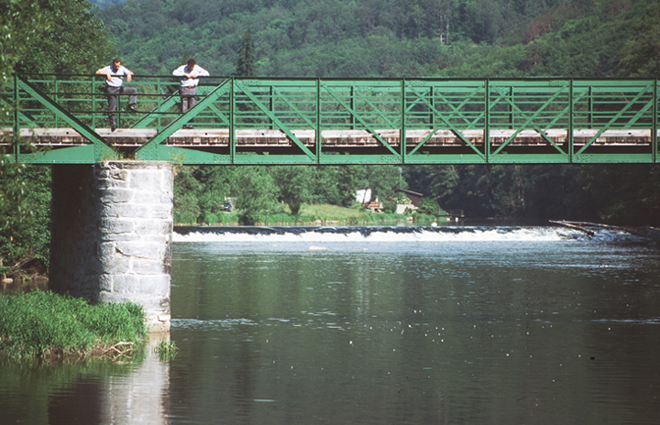 |
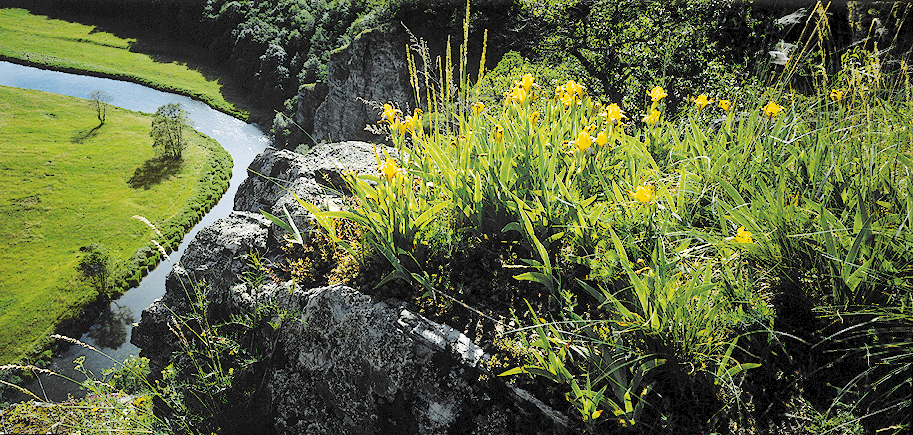 |
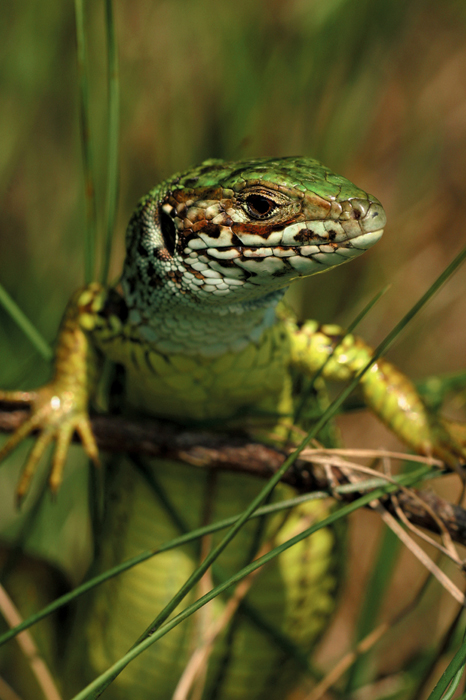 |
|||||
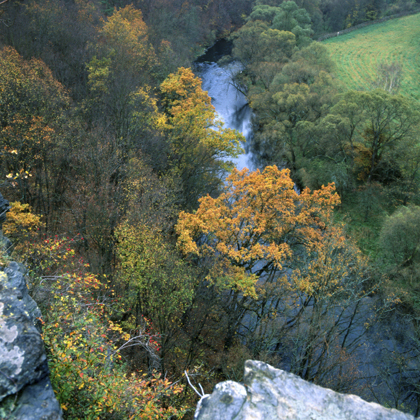 |
|||||||||
| For further info |
| Website | www.np-thayatal.at |
| Site contact | Robert Brunner: office(a)np-thayatal.at |